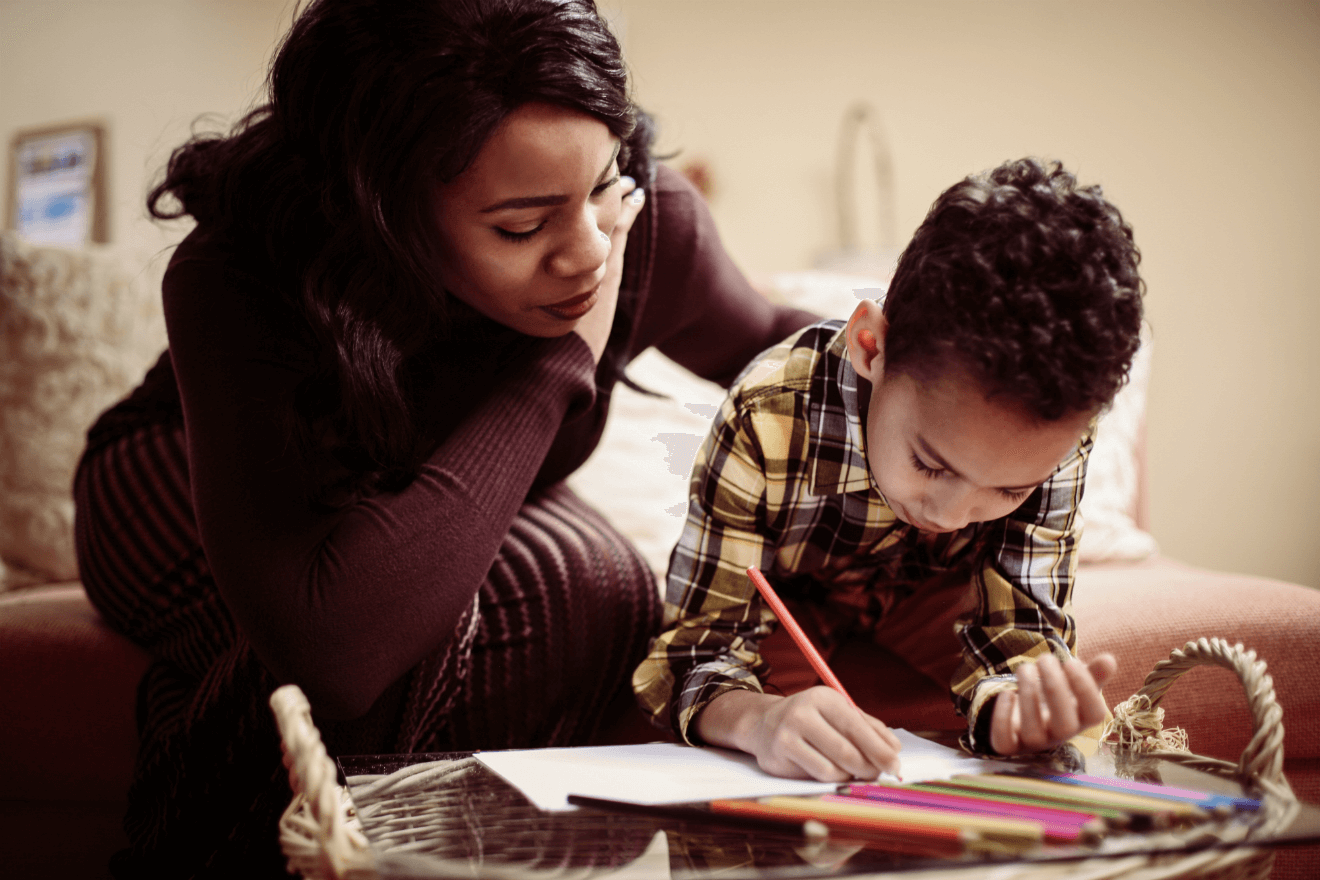Recently, a man I know was outed as a serial sexual harasser. I say “know” in a rather unfortunate sense: I’d been approached online by, went on a date with, and even kissed the guy a couple years ago. His too-forward sexual advances had always left a bad taste in my mouth.
When the revelations went live, with dozens of women telling stories of his disrespectful and aggressive behavior, I felt happy he was exposed, yet ashamed I hadn’t listened to my gut instincts. I blamed myself for overlooking his boorish behavior and letting my hope that he could end up being a decent guy take precedence over the warning bells clanging in my head.
Giving that man the benefit of the doubt was not my fault. And if you’ve stayed with an abusive partner, or even given a guy a second chance after he harassed you, it’s not your fault, either. The pressure to be kind, generous, and forgiving — especially as women — is drummed into our heads from birth.
So often, we are trained to prioritize other people’s feelings over our preferences, comfort, and even safety. When it comes to abusive relationships specifically, so many factors — from financial dependence, to reduced self-confidence, to believing our partners can change — can keep us from leaving.
It’s okay to have complex feelings for someone who has harassed or abused you. However, abuse is never the abused person’s fault. It is always the fault of the abuser, who takes advantage of a victim’s trust to hurt them. Victims can’t change abusers, and it’s not healthy or safe to try.
We can, however, care for ourselves, and decide what we need to be happy, healthy, and to live free of emotional, sexual, and physical violence.
Why Do Victims Stay in Abusive Relationships?
If you haven’t been in an abusive relationship, it can be difficult to understand how complex abuse dynamics can be. After all, if someone is being verbally, emotionally, sexually, or physically abused, wouldn’t their first impulse be to get as far away from the abuser as possible?
It’s a little more complicated than that. Sometimes, abuse victims really want to leave, but they simply can’t. They may be financially dependent on their abusive partners, or may fear that they’ll lose custody of their children. They may also be genuinely afraid for their safety, and even their lives. Research shows that victims are at the highest risk of intimate partner homicide when they try to leave.
While people who have never been in such situations may insensitively say that staying is irrational, these are in reality all rational, understandable reactions to a dangerous and devastating situation. All survivors, whether they leave or not, and however they feel about their abusers, deserve support and respect.
Emotional Abuse Can Make it Difficult to Move On
Abusive relationships are about control, and that includes control of victims’ emotions through psychological abuse and gaslighting. Abusive partners may manipulate victims through threats, coercion, or sweet talk.
Abusive cycles can include a “honeymoon phase,” when the abusive partner apologizes for past violence, promises they won’t repeat their behavior, and treats their partner kindly. The abusive partner may genuinely feel remorse for their actions and intend to keep these promises. But without a sustained commitment to change, hard work, and psychological support, they often fall back into old patterns, making it unsafe for the victim to stay with them and making these promises another form of control.
This cycle often works through the physiological and psychological experience of trauma bonding. Abusive relationships can be incredibly intense, with the abused person cycling between searing pain when the abuser hurts or degrades them, and deep joy when the abuser chooses to be kind. This cycle of reward and punishment can lead victims to rationalize abuse and try hard to please the abusive partner — even as the abusive partner continues to hurt them.
Finally, as difficult as it may be for people who haven’t experienced abuse to understand, abusive relationships are still relationships. Like any other relationship, they can contain moments of intimacy, sweetness, and support.
Unlike a healthy relationship, however, in an abusive relationship, these moments of intimacy are part of a broader cycle of control. They often give the victim false hope that things will get better in the future. While this hope is sadly often misguided, it’s also a real feeling, and abuse victims deserve the space and time to mourn what their relationships meant to them, just like anyone else.
No Matter How You Feel About Your Abuser, You Deserve Support
Complex feelings are normal and human, and having complex feelings toward abusive partners isn’t wrong or bad. The truth is, you deserve support and care no matter how you feel about your abuser. And while we can’t change our abusers, and for our own safety shouldn’t try, we can advocate for ourselves and seek the care we need to be healthy and safe.
If you’re currently in an abusive relationship, you can seek support from loved ones, mental health professionals, and domestic violence resource centers like the National Domestic Violence Hotline. You can also find resources on making a plan to keep yourself safe.
If you’ve left an abusive relationship and are struggling with past trauma or complex feelings about the abuse (including still having feelings for the person who abused you), it’s a good idea to seek out therapy and support from sympathetic loved ones, survivors’ groups, and victim hotlines.
From online harassers demanding dates to an abusive spouse promising yet again that they’ll change, it’s normal to want to think the best of other people. These feelings don’t make us wrong or bad, they make us human. Rather than judging survivors for having complex feelings toward abusers, we can offer survivors — including ourselves — the compassionate support that truly empowers us to have healthier futures.
—
If you’ve experienced abuse, you deserve support and care. The below hotlines and resources can help.
You can call the 24/7 National Domestic Violence Hotline anytime for support: 1-800-799-SAFE (7233).
Love is Respect offers a 24/7 hotline for young people dealing with intimate partner violence: 1-866-331-9474.
The Anti-Violence Project offers a 24/7 hotline for LGBT people who have experienced violence or abuse: 212-714-1141.
1 in 6 has a 24/7 chatline for male survivors of sexual violence and abuse.
Talkspace articles are written by experienced mental health-wellness contributors; they are grounded in scientific research and evidence-based practices. Articles are extensively reviewed by our team of clinical experts (therapists and psychiatrists of various specialties) to ensure content is accurate and on par with current industry standards.
Our goal at Talkspace is to provide the most up-to-date, valuable, and objective information on mental health-related topics in order to help readers make informed decisions.
Articles contain trusted third-party sources that are either directly linked to in the text or listed at the bottom to take readers directly to the source.




